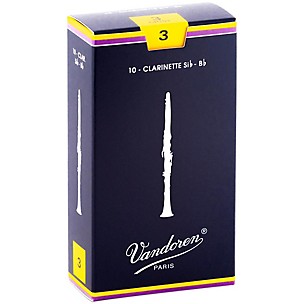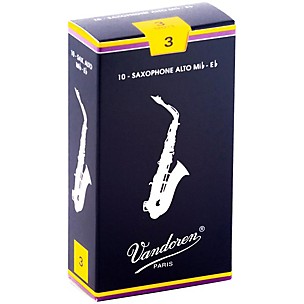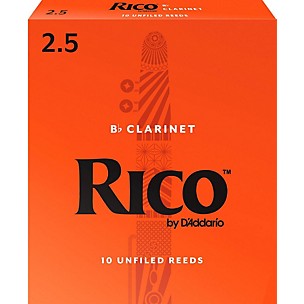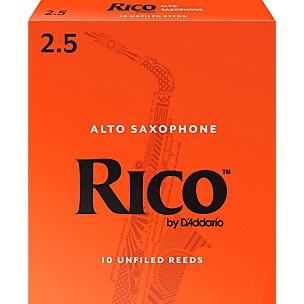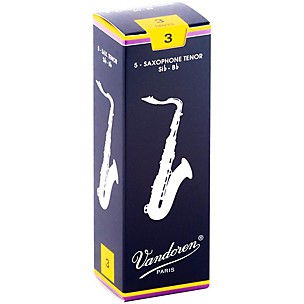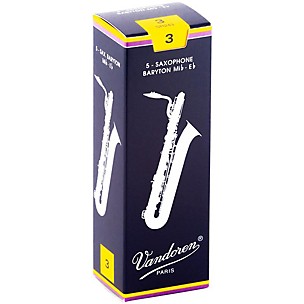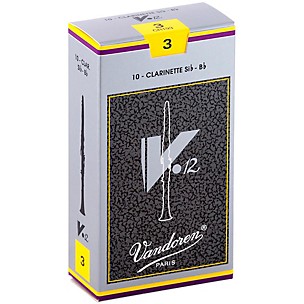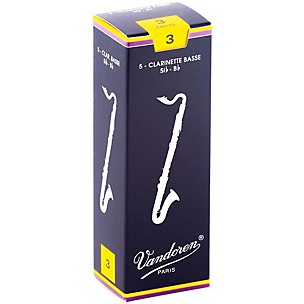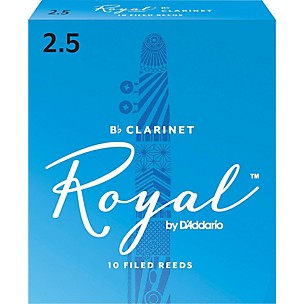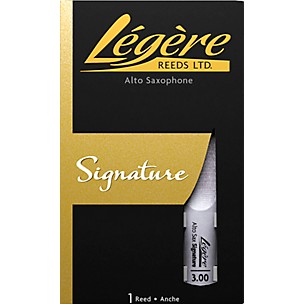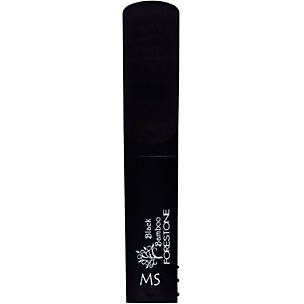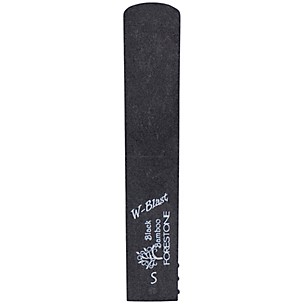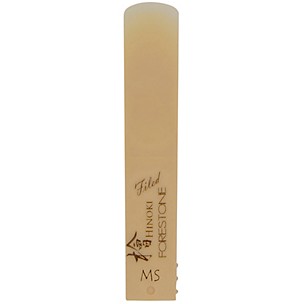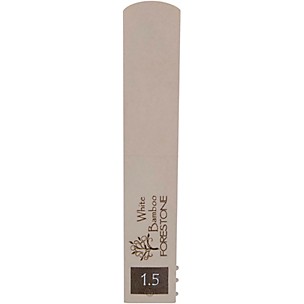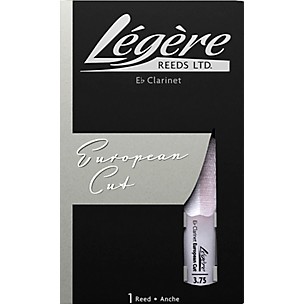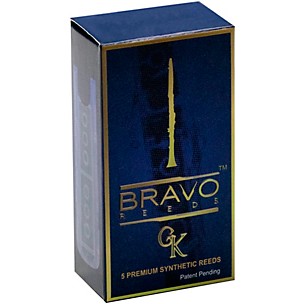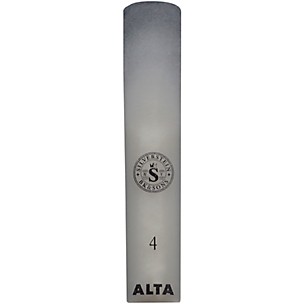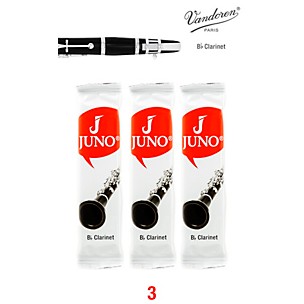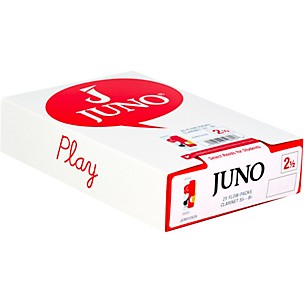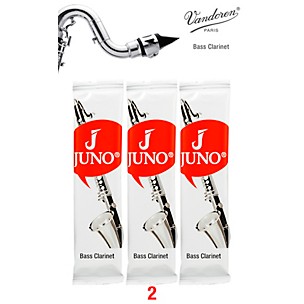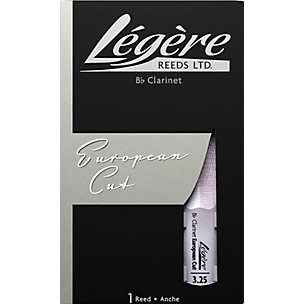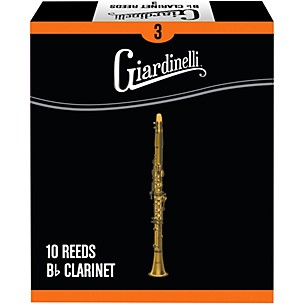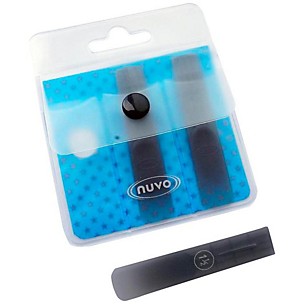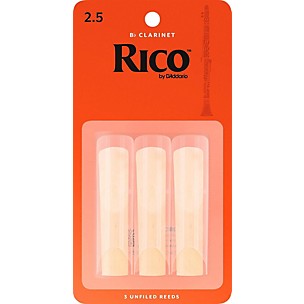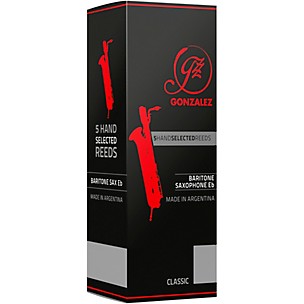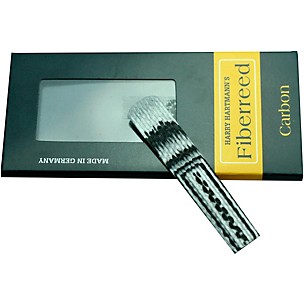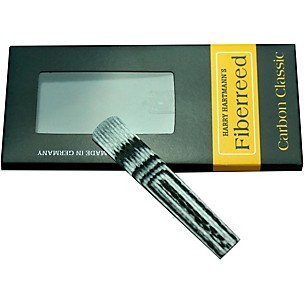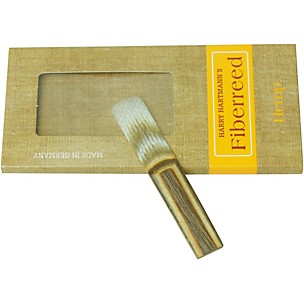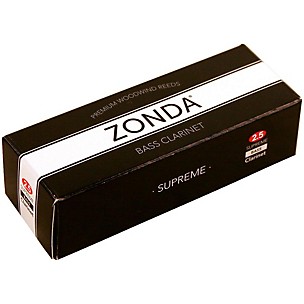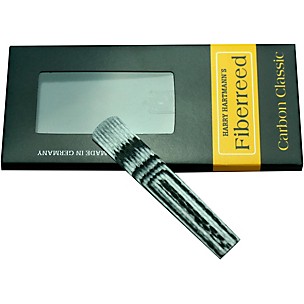
Shop Best-Selling Brands
Customer Favorite Reeds
Clarinet Reeds
Clarinets Reeds
Every clarinetist knows that when it comes to getting the best possible sound out of your instrument your choice of reed matters. And trust us, it really matters. Clarinet reeds are extremely sensitive to heat and humidity and they wear out as you practice and play normally, meaning not only are they super important to producing the ideal sound, but they’ll need to be upgraded and changed out pretty often.
Depending on the manufacturer, clarinet reeds have a variety of different naming conventions. However, most reeds are classified on a scale of 1-5, with 1 being the softest reed (brighter tone) and 5 being the hardest (darker tone). Most clarinetists are comfortable with clarinet reeds between a 2 and a 3, but it’s important to experiment with lots of different reeds to see which one is right for you.
Now that you understand the differences in hardness, you’re probably wondering if you should opt for cane or synthetic clarinet reeds. You’ve probably heard good things about both and aren’t quite sure where to start. We dive more into the pros and cons of each in this article on The Vault, and the right choice depends on a variety of factors, including the sound quality, consistency, and length of breaking in period you’re willing to endure.
From Bb clarinet reeds made from synthetic materials to cane reeds from top brands like Vandoren, Rico, and D’Addario, Music & Arts is proud to bring you one of the largest selections of clarinet reeds on the web. And don’t forget to upgrade your mouthpiece while you’re at it--reeds and mouthpieces work as a team to create your clarinet’s tone!
